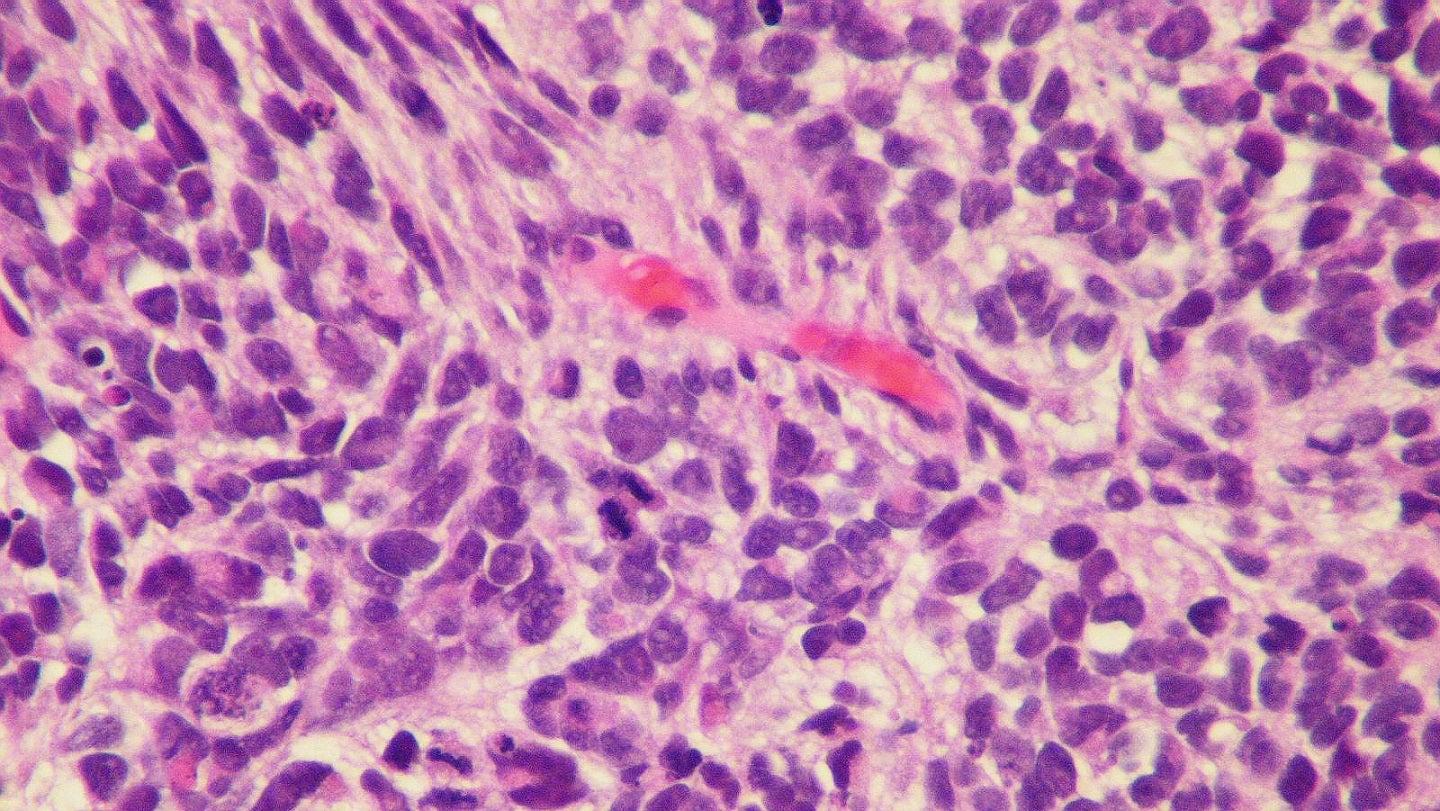
US-based biopharmaceutical company Panbela Therapeutics has partnered with the Moffitt Cancer Center to carry out a Phase I/II programme of eflornithine in STK11 mutant non-small cell lung cancer (NSCLC).
The Phase II trial is due to begin at the end of this year or early next year once the maximum tolerated dose of eflornithine is determined in the Phase I trial.

Discover B2B Marketing That Performs
Combine business intelligence and editorial excellence to reach engaged professionals across 36 leading media platforms.
Data from the Phase I trial are expected by the end of this year.
Panbela president and CEO Jennifer Simpson said: “This clinical trial with Moffitt seeks our first clinical proof of concept to evaluate the modulation of the immune system by polyamines in combination with standard of care cancer therapy.
“The STK11 mutant NSCLC population has historically had a poor response to checkpoint inhibitor therapy.
“If the trial is successful, it opens the door for combining polyamine targeted therapies, such as eflornithine and ivospemin, with checkpoint inhibitors in other tumor types where response rates have been poor, or even improve upon reasonable response rates.

US Tariffs are shifting - will you react or anticipate?
Don’t let policy changes catch you off guard. Stay proactive with real-time data and expert analysis.
By GlobalData“It would also open the possibility of exploring combinations of eflornithine and ivospemin with other immunotherapies, such as CAR-T therapy.”
Moffitt Department of Thoracic Oncology chair Jhanelle Gray said: “There is a huge unmet need for new therapies for STK11 mutant non-small cell lung cancer patients, given their low survival rates.
“We know that STK11 mutant tumours have reduced levels of T cells that direct immune surveillance, and they can avoid immune detection.
“We are excited to partner with Panbela to determine if modulating polyamines can restimulate the immune system to target these hard-to-treat tumors.”
Earlier this year, Panbela Therapeutics began a Phase II clinical trial of CPP-1X-T (Eflornithine tablets) for recent onset type 1 diabetes (T1D).
The trial is funded by JDRF, a global T1D research and advocacy organisation, and being conducted in partnership with the Indiana University School of Medicine.





